Summaries of books about Politics & Social Sciences:
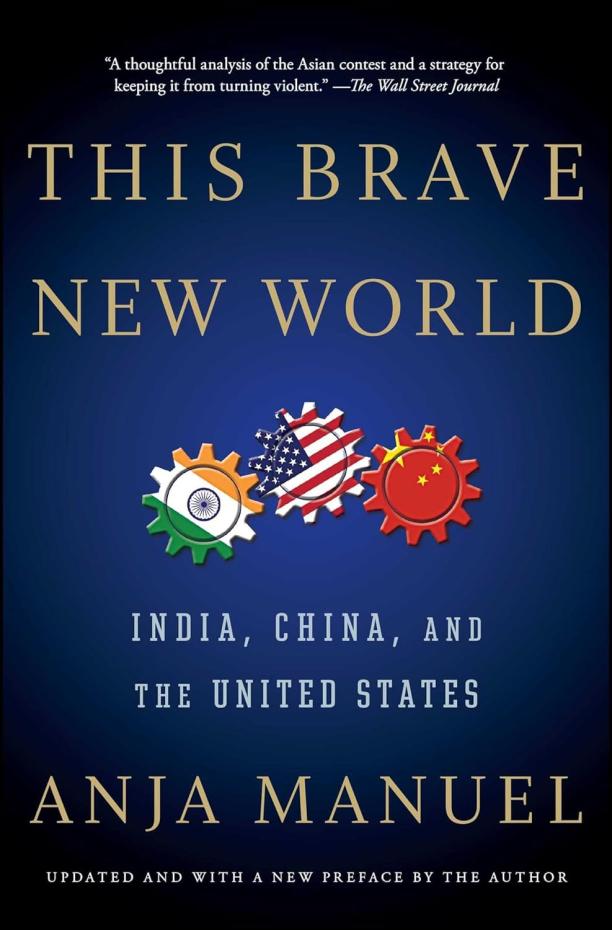
This Brave New World
India, China, and the United States
Anja Manuel
The book examines the complex relationships between the United States, India, and China, exploring their economic, political, and military interactions in the 21st century. It provides insights into how these powerful nations can navigate their differences and collaborate for global stability and prosperity.
See full summary
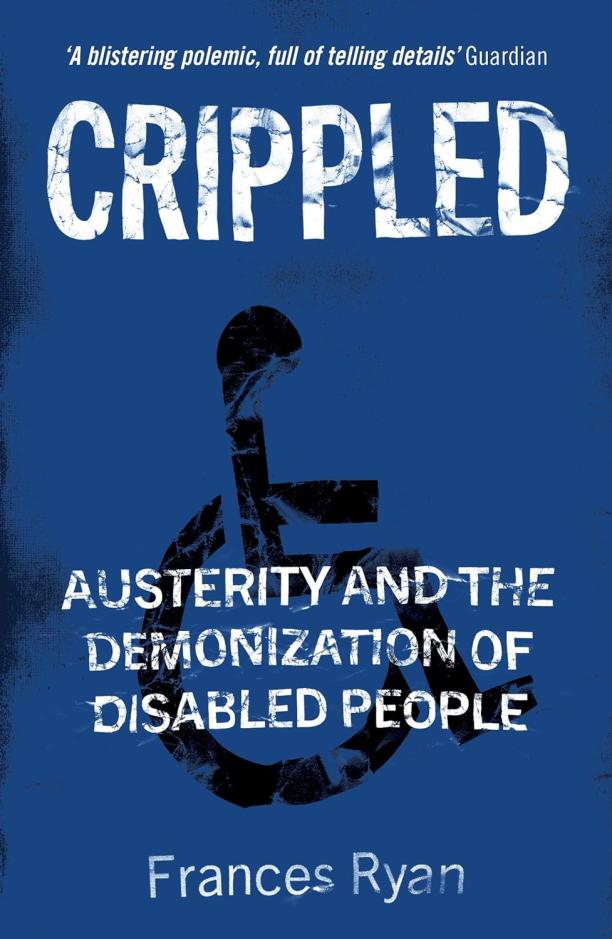
Crippled
Frances Ryan
The book examines the impact of austerity measures on disabled people in the United Kingdom, highlighting the systemic injustices and hardships they face. It provides personal accounts and analysis of how government policies have led to increased poverty, social isolation, and discrimination against the disabled community.
See full summary
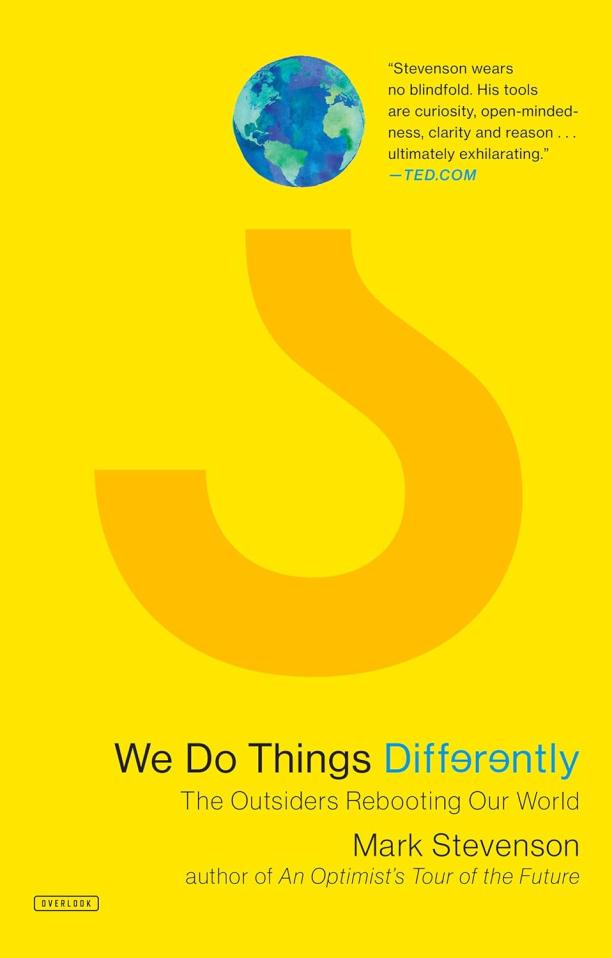
We Do Things Differently
The Outsiders Rebooting Our World
Mark Stevenson
The book explores innovative approaches to global challenges by profiling individuals and organizations around the world that are employing unconventional methods to solve problems in areas such as energy, food, education, and healthcare. It presents a hopeful vision of the future by showcasing these trailblazers who are creating sustainable and transformative solutions outside of traditional systems.
See full summary
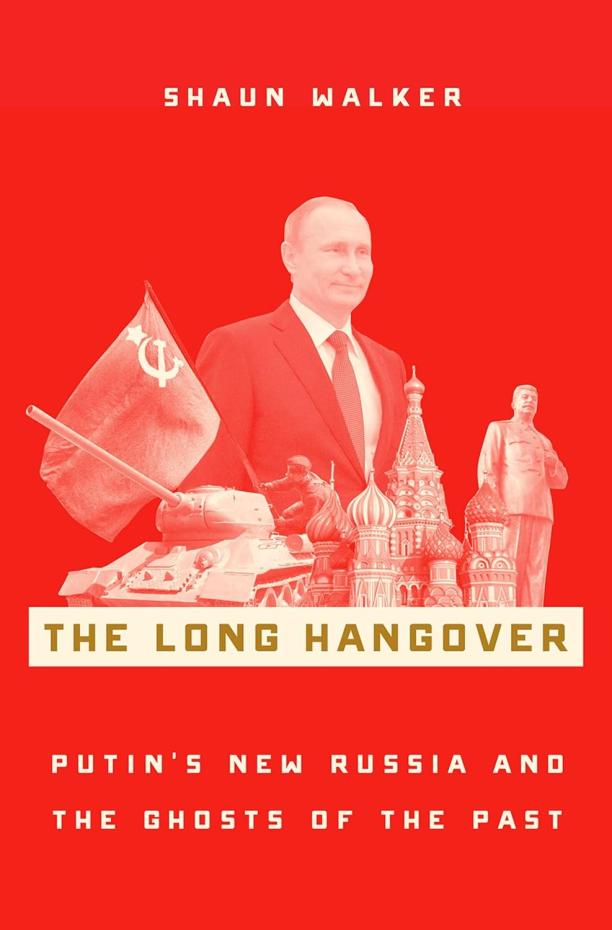
The Long Hangover
Putin's New Russia and the Ghosts of the Past
Shaun Walker
The book explores how Russia's history, particularly the fall of the Soviet Union, has shaped the country's national identity and Vladimir Putin's leadership. It delves into how Putin's regime uses this historical narrative to consolidate power, influence public opinion, and assert Russia's position on the global stage.
See full summary
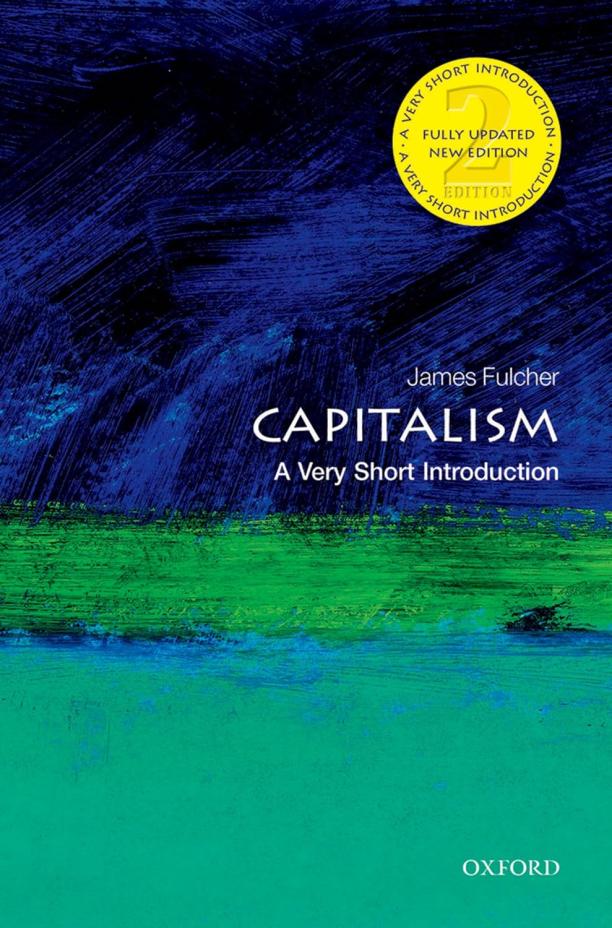
Capitalism
A Very Short Introduction
James Fulcher
The book provides a concise overview of the history, development, and global spread of capitalism, examining its economic, social, and political dimensions. It discusses the challenges capitalism faces, such as inequality and crises, while exploring its adaptability and the diverse forms it takes in different contexts.
See full summary
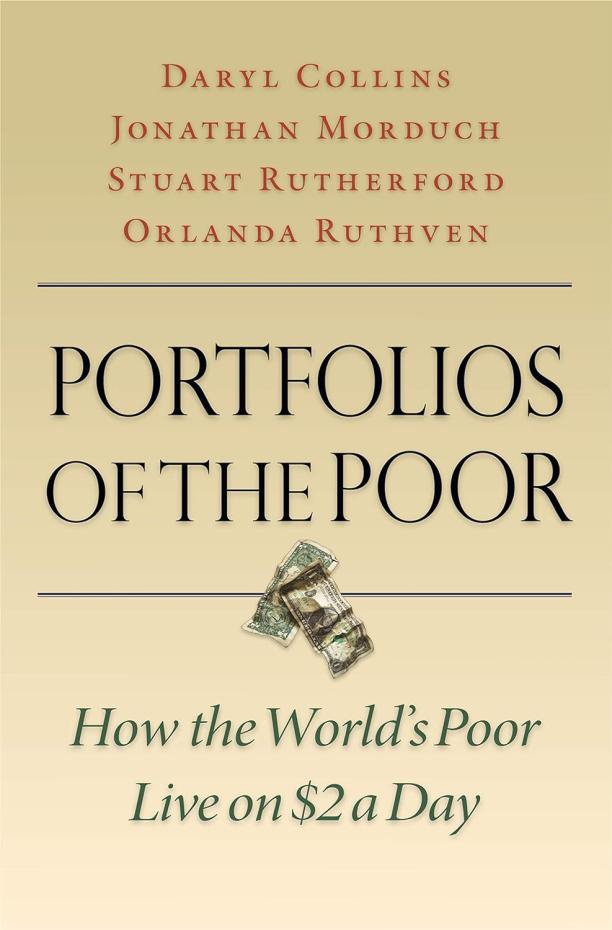
Portfolios of the Poor
How the World's Poor Live on $2 a Day
Daryl Collins|Jonathan Morduch|Stuart Rutherford|Orlanda Ruthven
The book presents an in-depth analysis of the financial practices of impoverished households in Bangladesh, India, and South Africa, based on year-long interviews and financial diaries. It reveals how, despite their limited resources, these families manage their money through a variety of tools and strategies to handle emergencies, plan for the future, and optimize their meager incomes.
See full summary
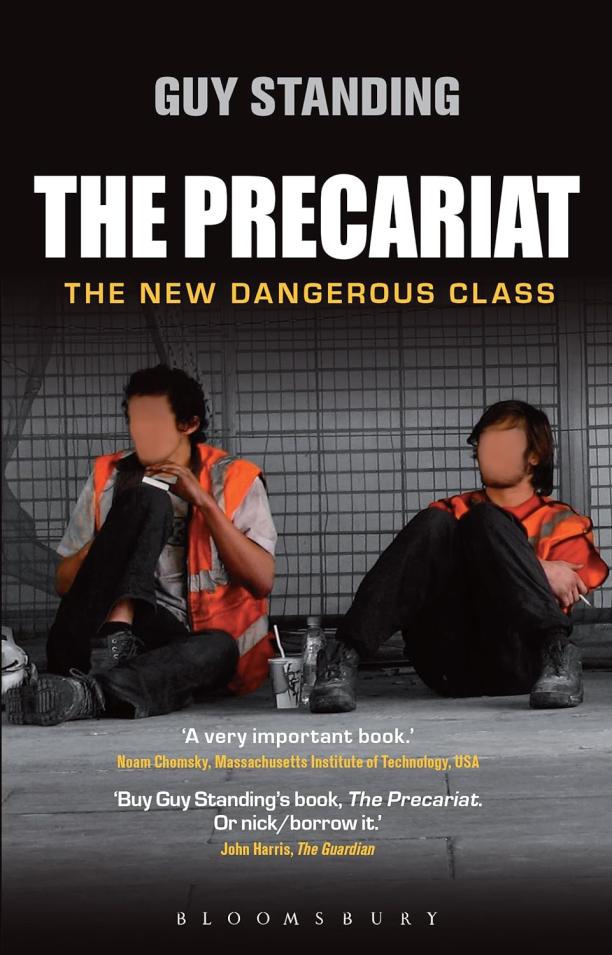
The Precariat
The New Dangerous Class
Guy Standing
The book explores the emergence of a new social class characterized by economic insecurity, unstable labor, and loss of traditional employment benefits. It discusses the political implications and potential for social unrest stemming from this group's precarious living conditions and uncertain future.
See full summary
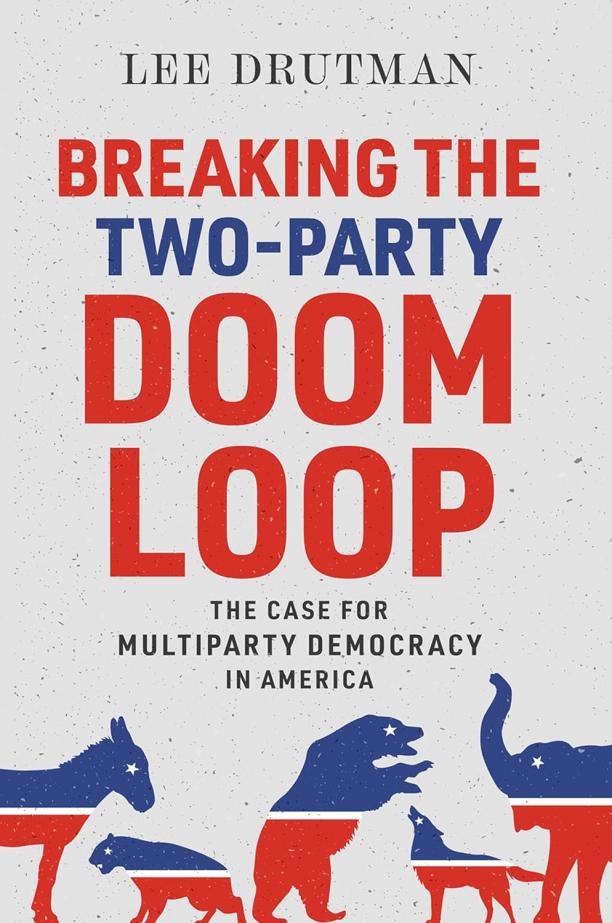
Breaking the Two-Party Doom Loop
The Case for Multiparty Democracy in America
Lee Drutman
The book argues that the entrenched two-party system in the United States is deeply polarizing and dysfunctional, advocating for a multiparty democracy through electoral reforms like ranked-choice voting and proportional representation to foster greater political competition and collaboration. It outlines the historical development of the two-party system, its consequences, and presents a detailed case for institutional changes aimed at breaking the cycle of partisanship and gridlock.
See full summary
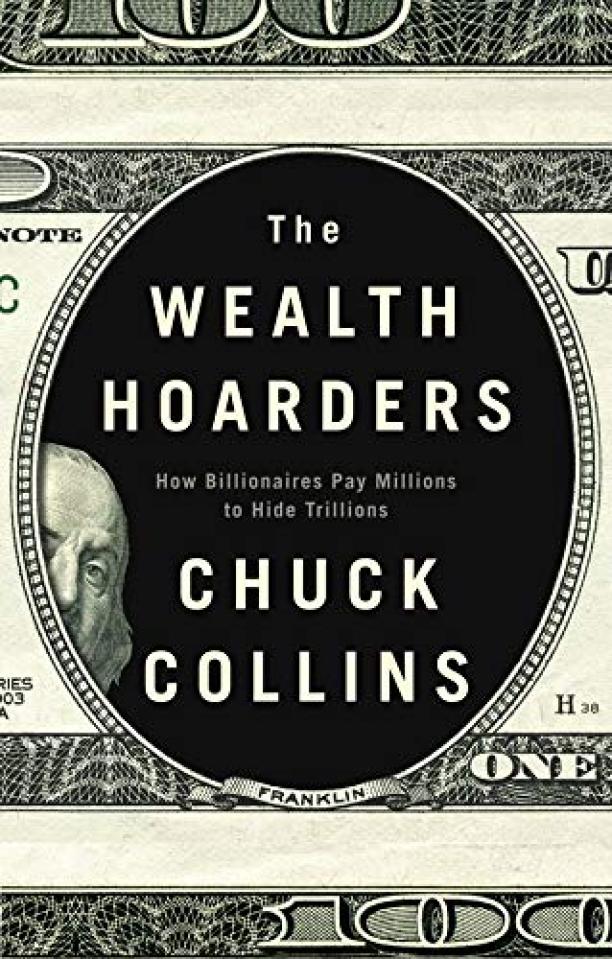
The Wealth Hoarders
How Billionaires Pay Millions to Hide Trillions
Chuck Collins
The book exposes the secretive systems used by the ultra-wealthy to hide their assets and avoid taxes through a network of wealth managers, tax havens, and shell companies. It also discusses the societal impact of this hidden wealth and proposes strategies to combat these practices and foster economic equality.
See full summary
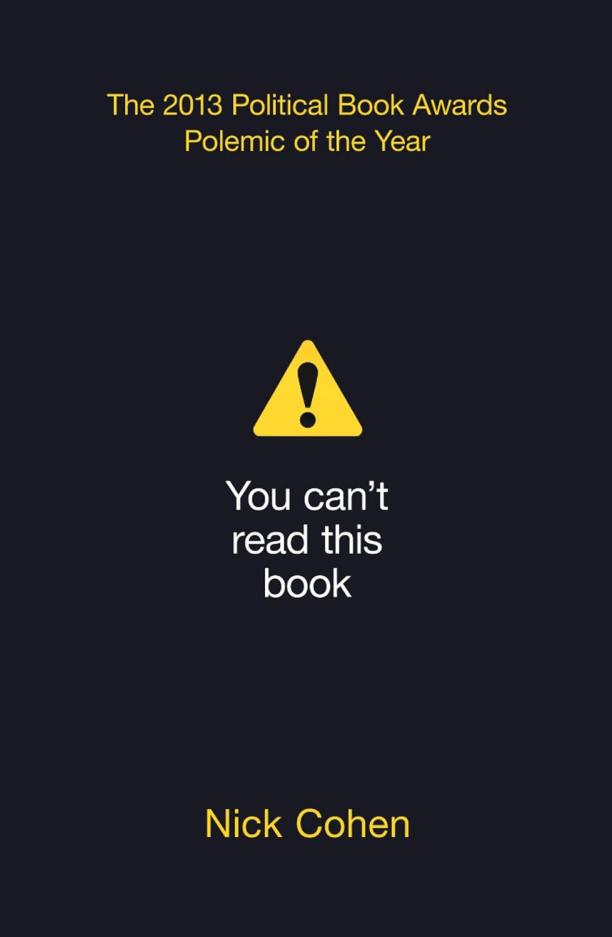
You Can’t Read This Book
Censorship in an Age of Freedom
Nick Cohen
The book delves into the modern state of censorship, exploring how governments, corporations, and religious fundamentalists often suppress free speech despite the apparent liberal climate. It examines the paradox of how, in an era that purports to champion freedom of expression, various forms of censorship are still pervasive and insidious.
See full summary